TZ hosts global AI forum to tackle climate change
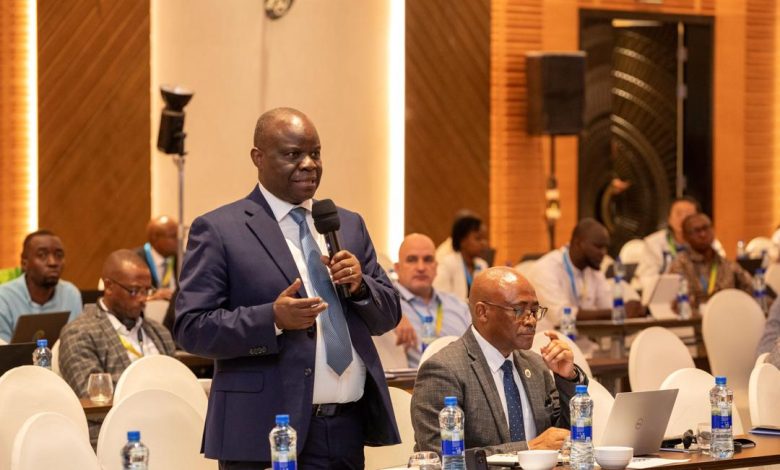
DAR ES SALAAM: TANZANIA has made history as the first country in the world to host an international forum dedicated to leveraging Artificial Intelligence (AI) to address the growing challenges of climate change.
The UNFCCC Technology Executive Committee AI for Climate Action Forum 2025, held in Dar es Salaam on Wednesday, brought together more than 200 experts from across Africa and beyond.
The event aimed at accelerating the development and deployment of AI-powered solutions to help African nations adapt to and mitigate the impacts of climate change.
This milestone coincides with Tanzania’s current role as chair of the African Group of Negotiators (AGN), a coalition of 54 African countries coordinating the continent’s position in global climate negotiations.
Speaking to journalists during the conference, AGN Chair and Special Envoy and Advisor to the President on Environment and Climate Change, Dr Richard Muyungi said Tanzania was granted hosting rights in recognition of the government’s sustained efforts to promote sustainable development, environmental conservation, and clean energy through technology.
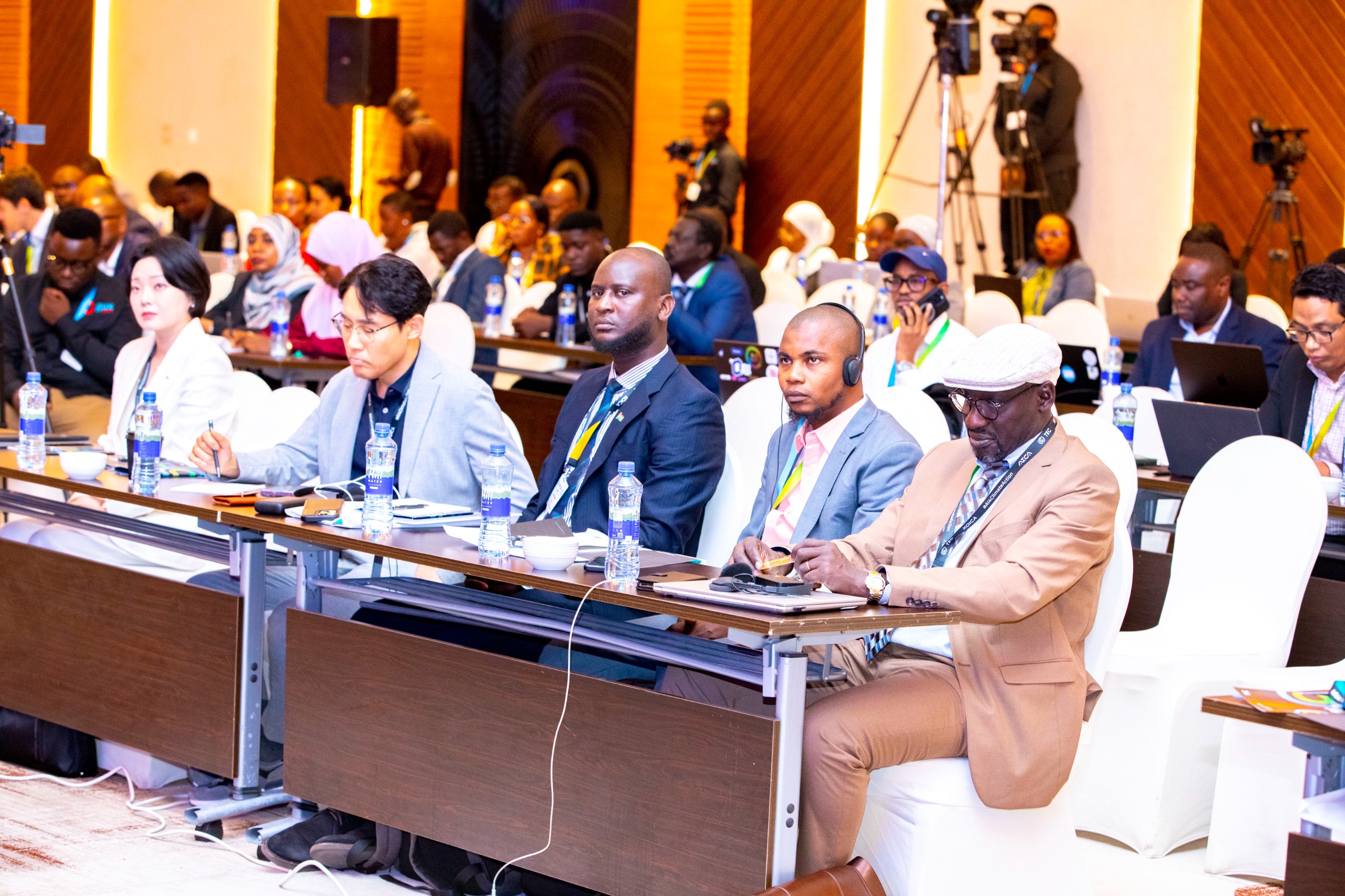
“Tanzania earned this honour due to our ongoing commitment to advancing sustainable development and protecting the environment,” Dr Muyungi said.
“As a nation, we have strong policies on environment and technology and we have demonstrated true dedication to using digital innovation to tackle today’s global challenges, especially climate change.”
A two-day forum is expected to produce key recommendations on how African countries can harness AI technologies to strengthen environmental protection, improve weather forecasting, and enhance community resilience to climate-related disasters.
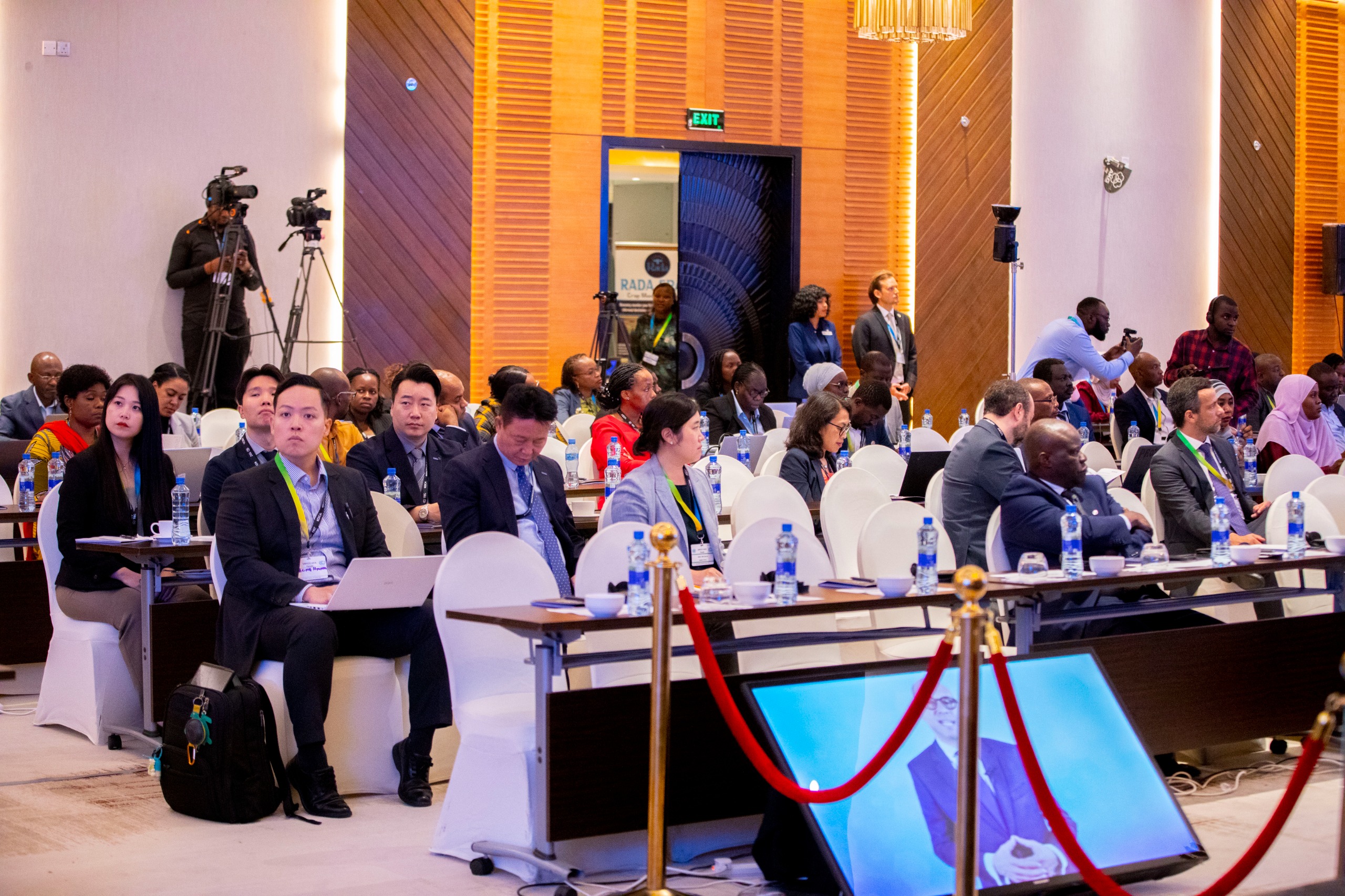
Opening the discussions, Deputy Permanent Secretary in the Vice President’s Office (Environment), Prof Peter Msoffe, highlighted both the challenges and opportunities Africa faces in adopting digital innovation for climate resilience.
“Africa faces unique challenges including limited digital infrastructure, restricted access to high-quality climate data, financial constraints, and capacity limitations,” he said.
He added, “But these challenges also offer us opportunities: to leapfrog outdated systems, innovate locally, and create home-grown solutions.”
Prof Msoffe emphasised that AI must be shaped by equity and inclusion, grounded in trust and transparency, and guided by our values and realities.
“Together, we can ensure these technologies serve our people and our planet and not the other way around,” he added.
Regarding the 30th United Nations Climate Change Conference forum (COP 30), the Ambassador of Brazil to Tanzania GUstavo Noguera said his country is well prepared to host the meeting that is scheduled to take place in Belém, in November this year.
“We envisage leaving Belém with a concrete commitment. Align AI with the UNFCCC, its Paris Agreement, and the SDGs. Power data centers with renewables. Design efficiency from code to chip. And expand equitable access and capacity in developing countries,” the diplomat added.



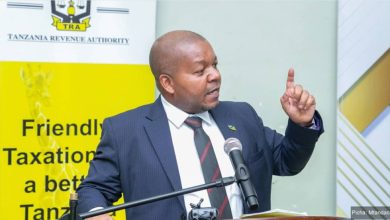

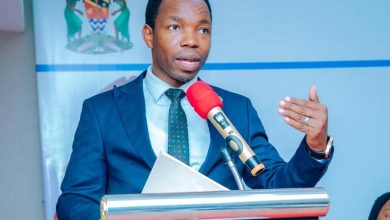
нажмите водка бет
**prodentim**
prodentim is a forward-thinking oral wellness blend crafted to nurture and maintain a balanced mouth microbiome.